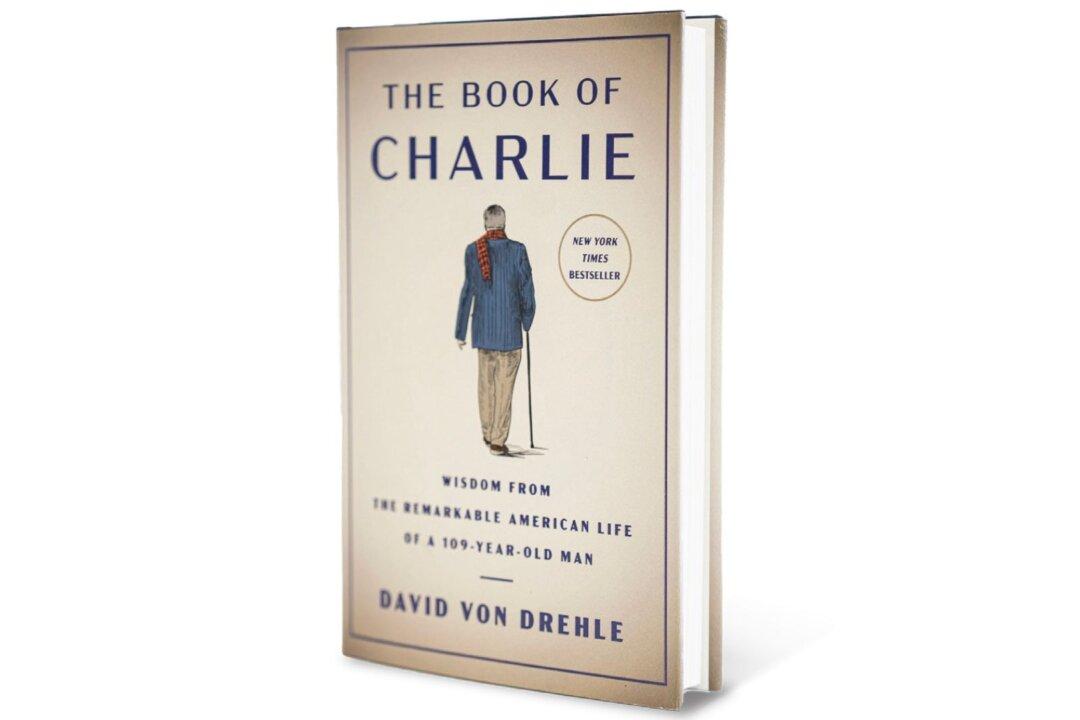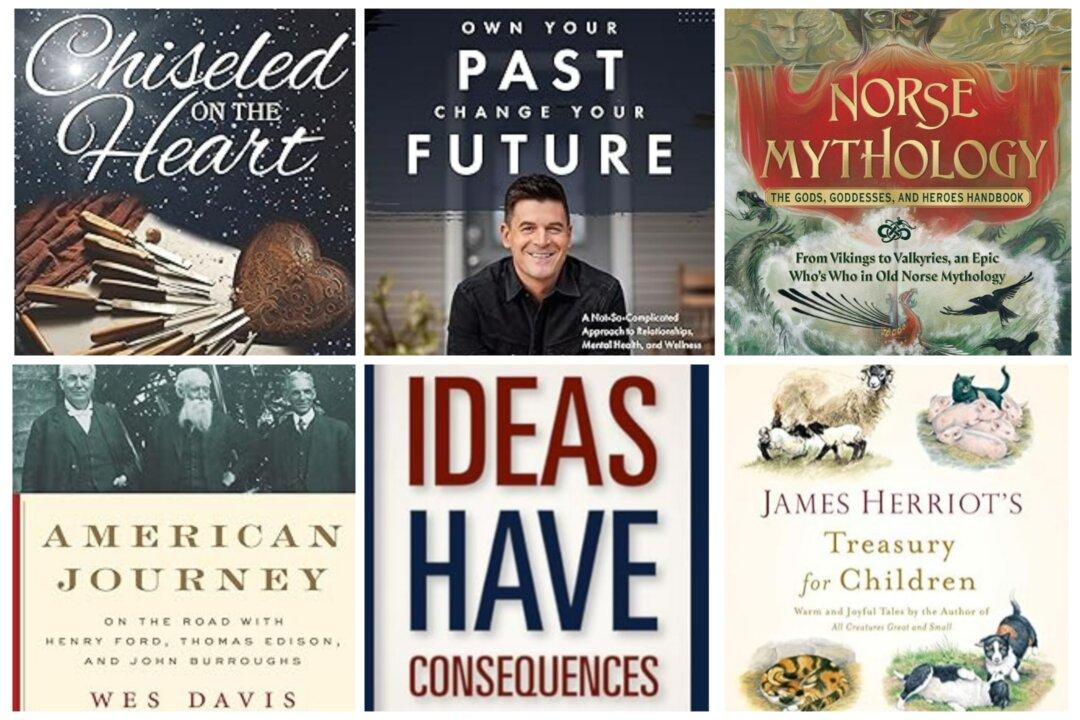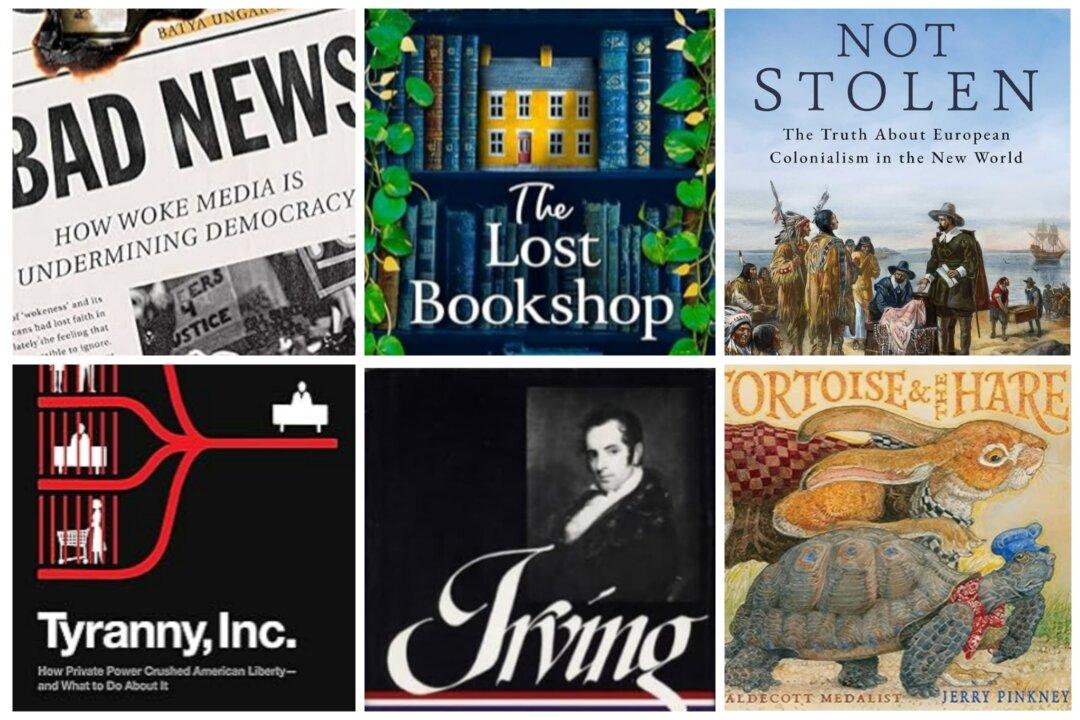Author Simon Winchester is a prolific writer with more than 30 books to his credit. He has a distinctive knack for storytelling that readers will appreciate. He can take a subject, which on the surface could be perceived as weighty, and bring it to life with personal anecdotes and fascinating historical tidbits woven into the fabric of his narrative.
“Knowing What We Know: The Transmission of Knowledge, from Ancient Wisdom to Modern Magic” is a deep dive into what Plato defined as “justified true belief.” In other words, knowledge.






